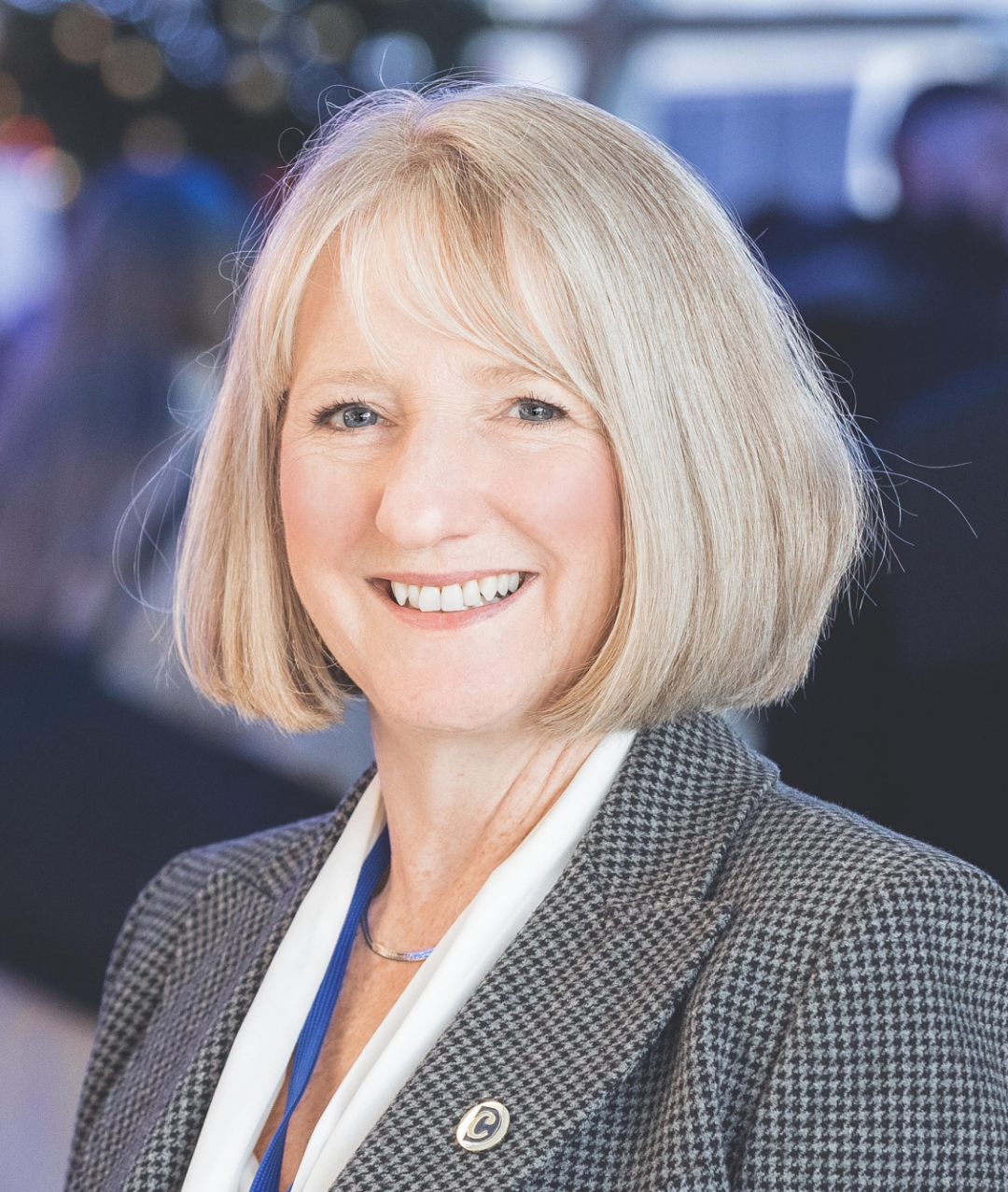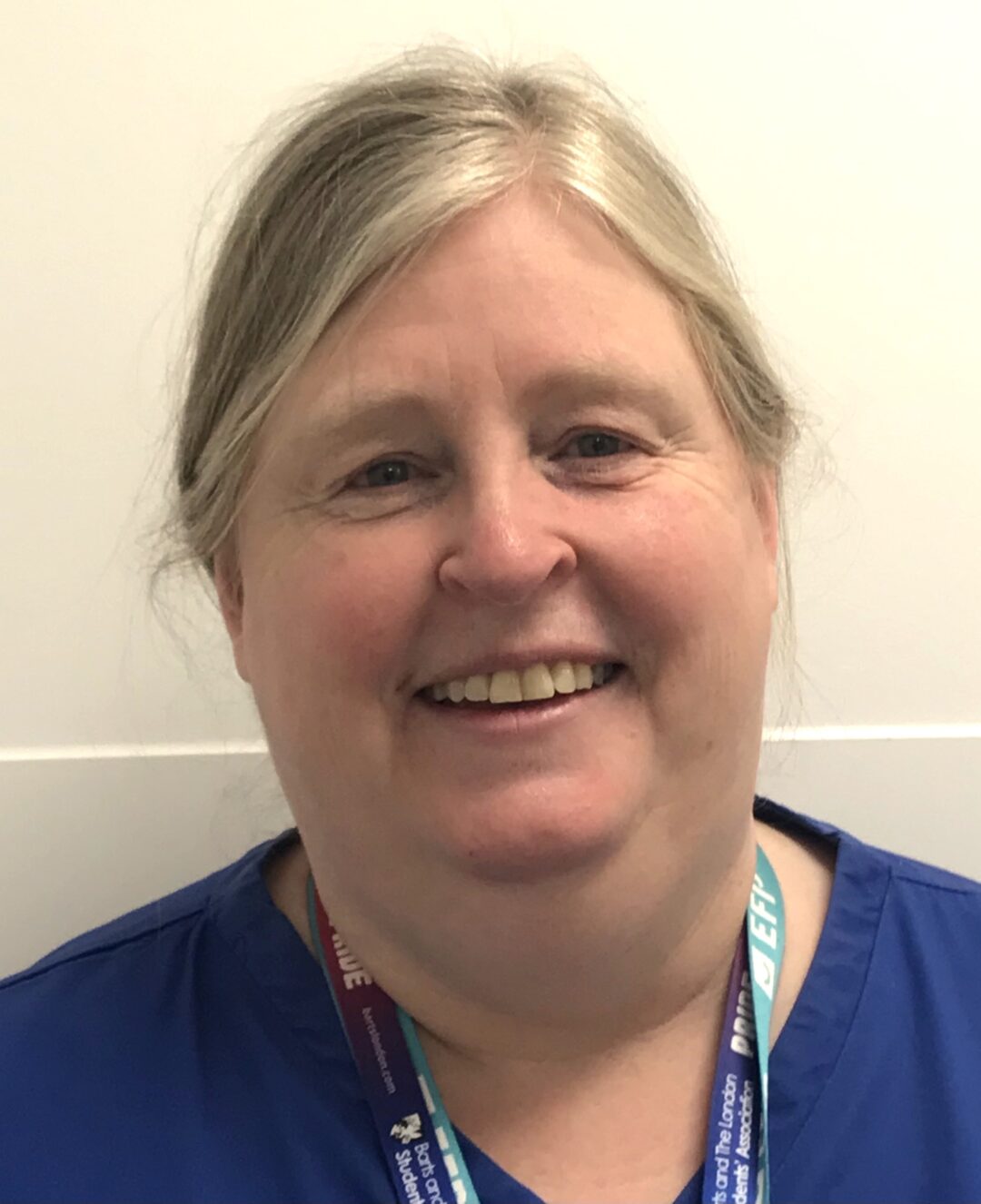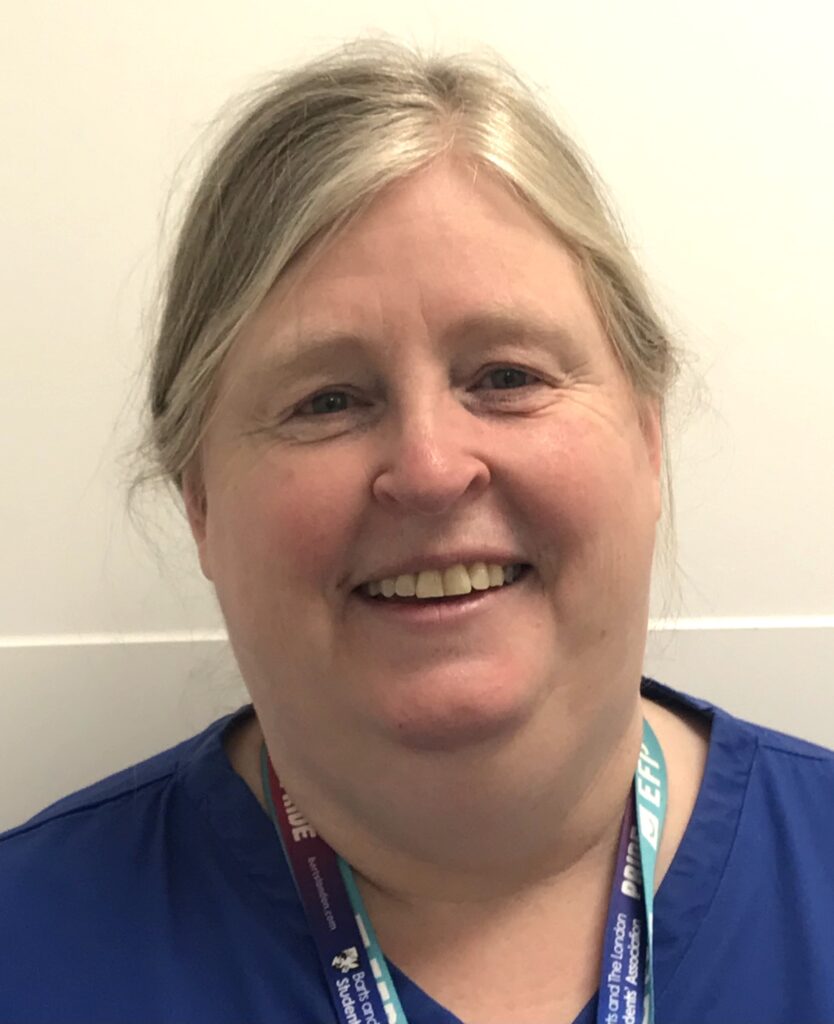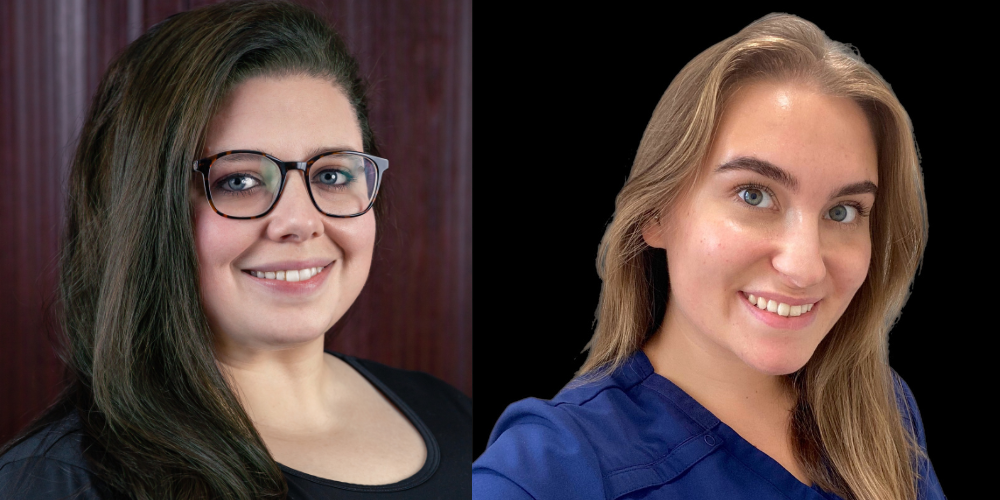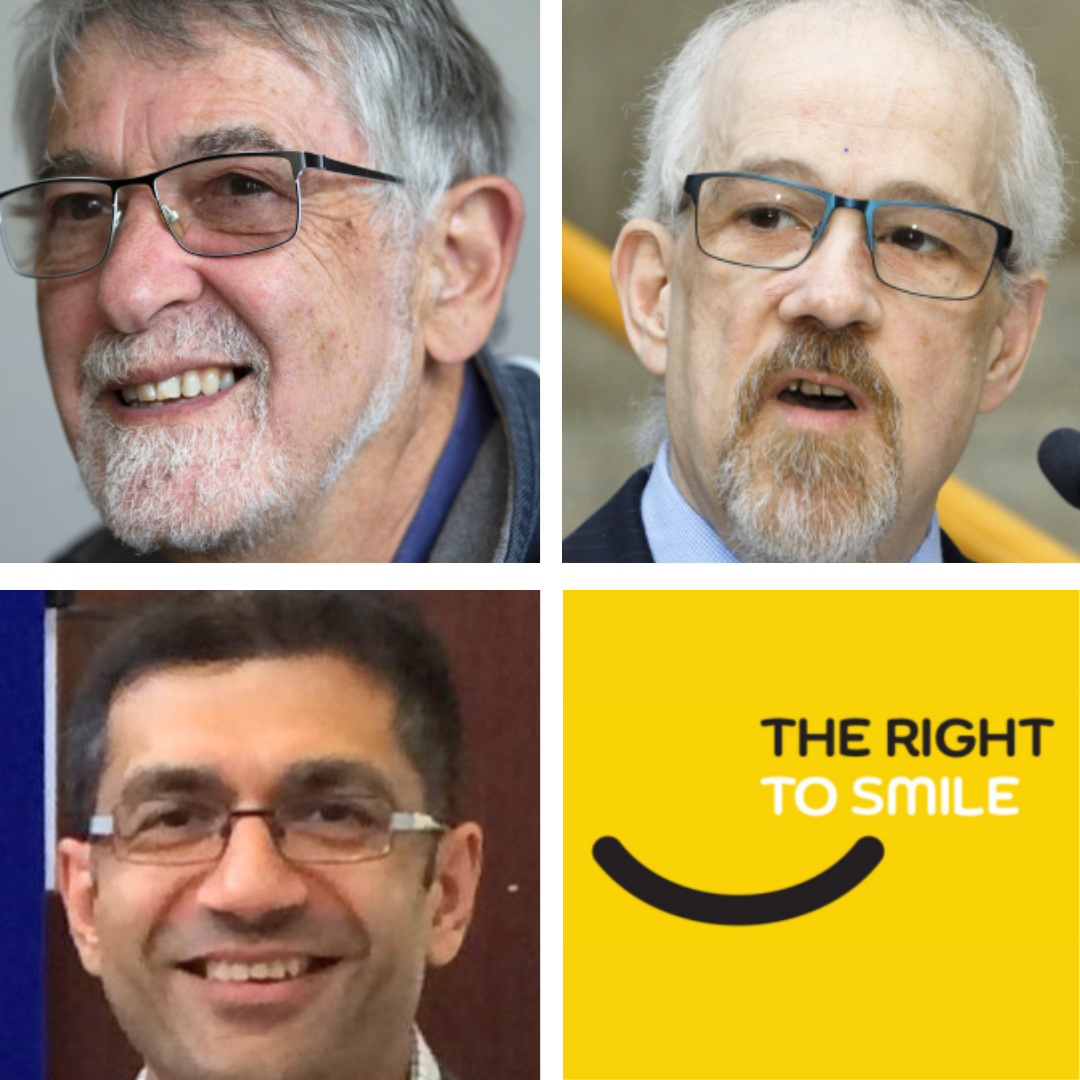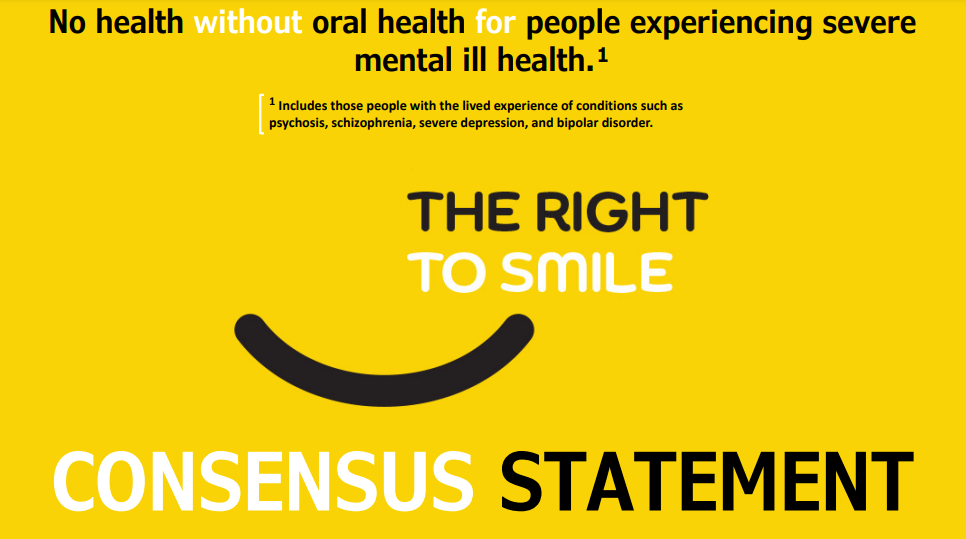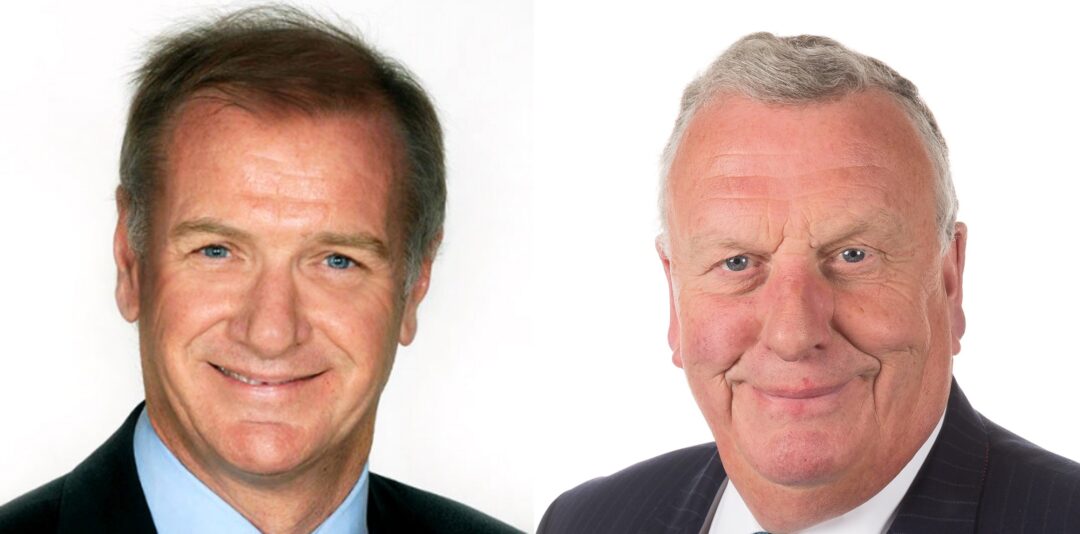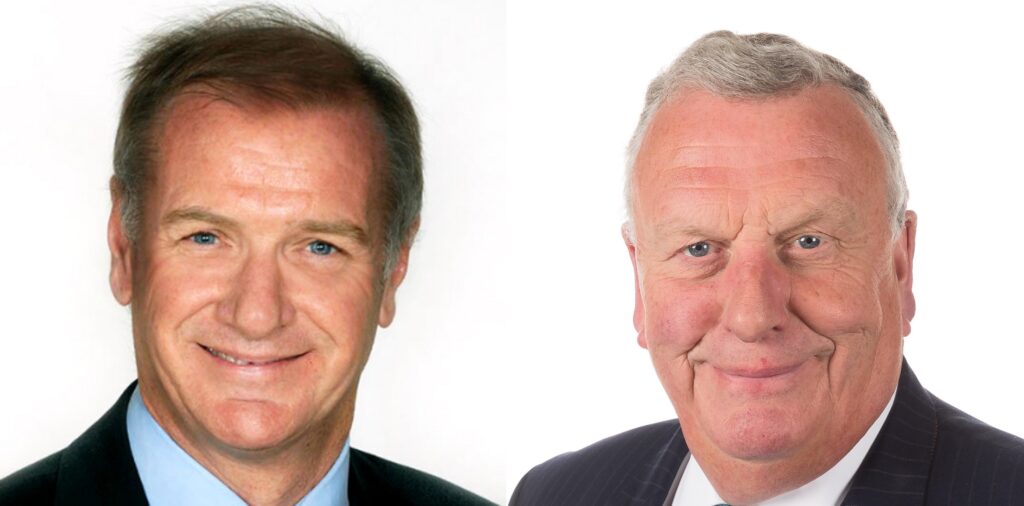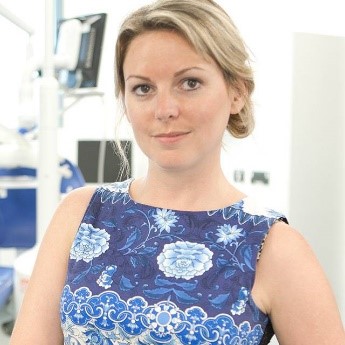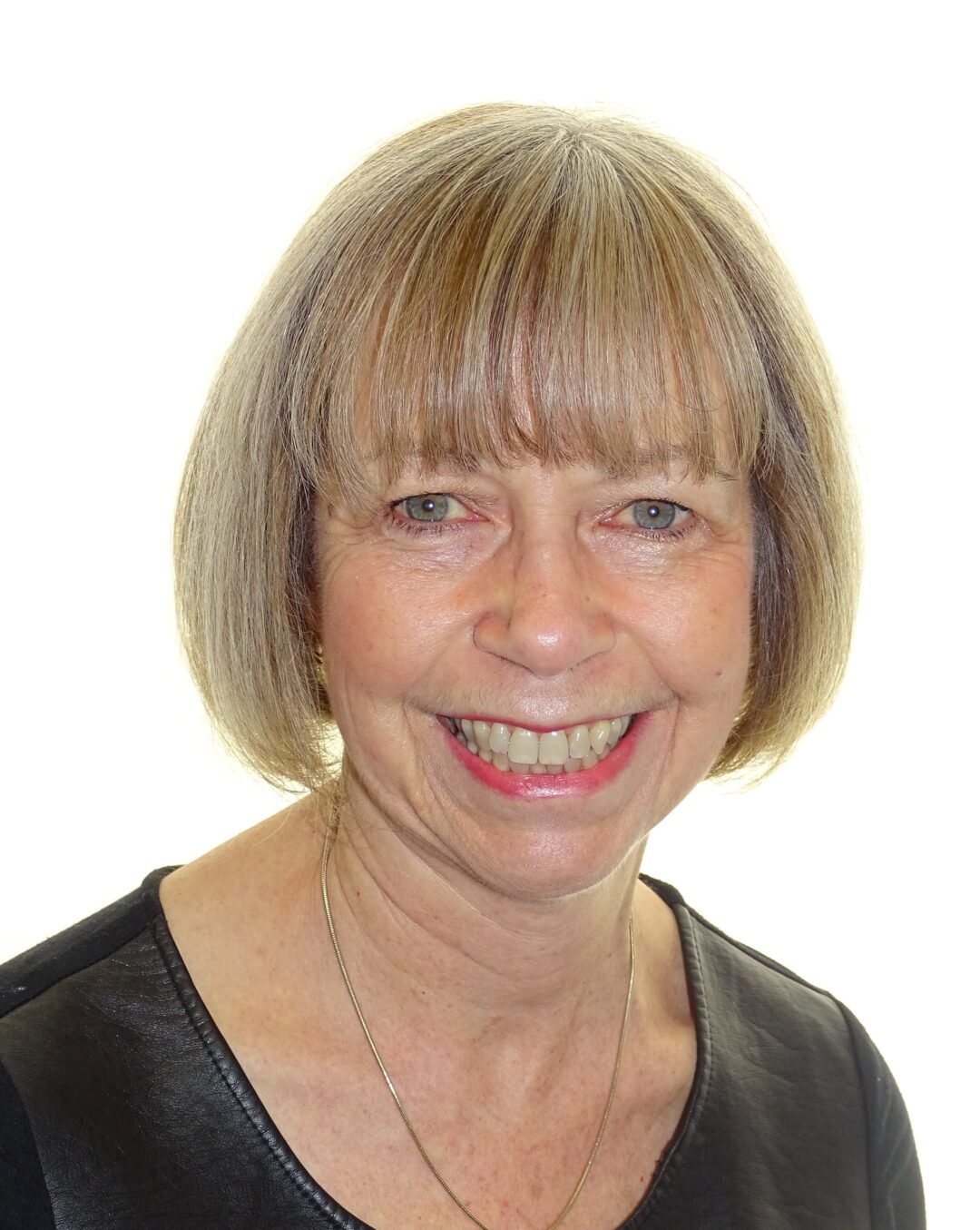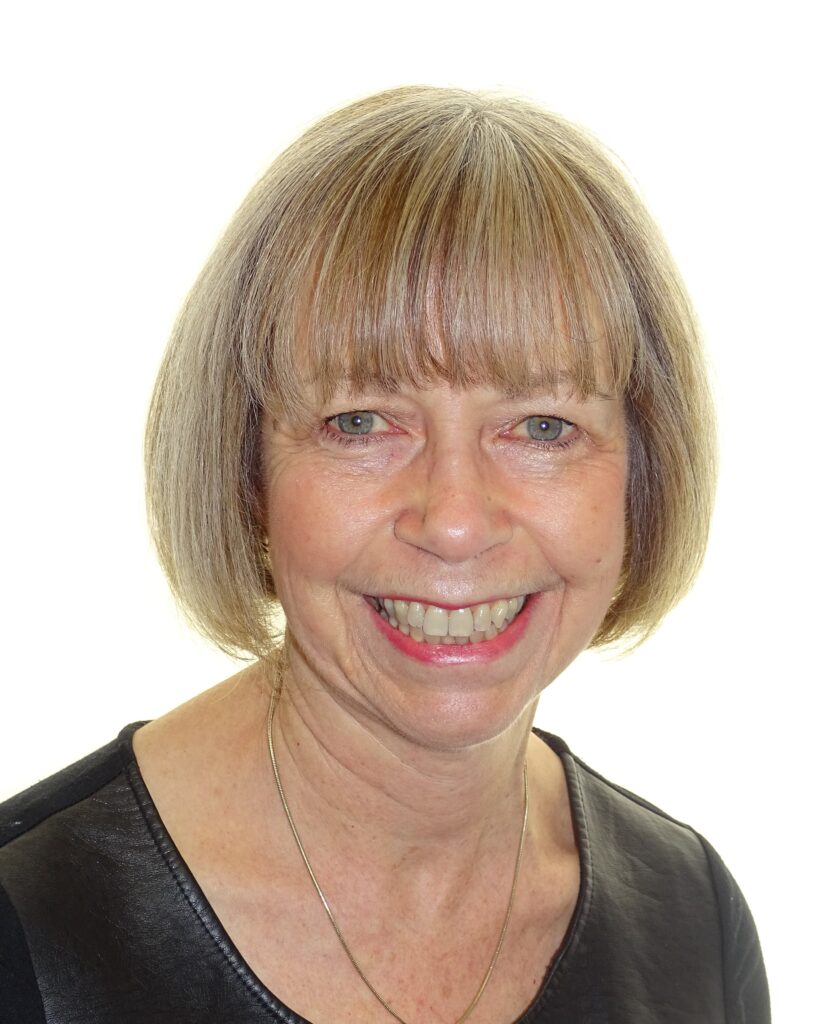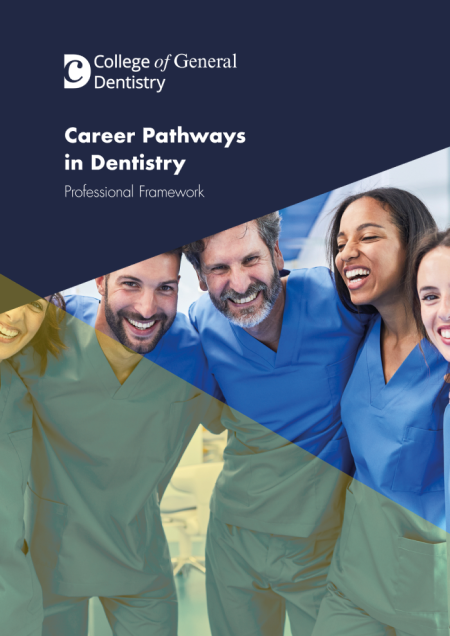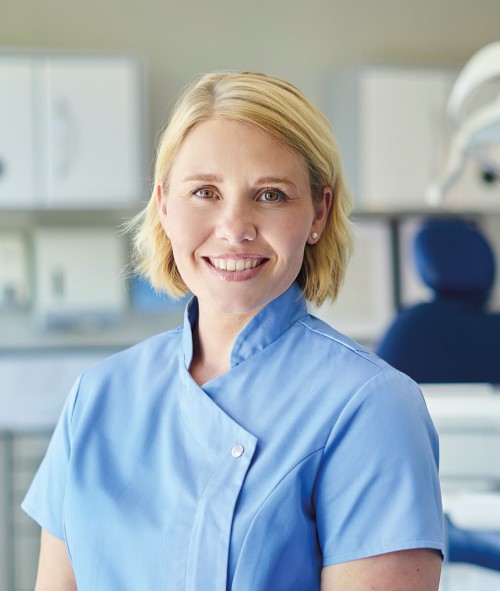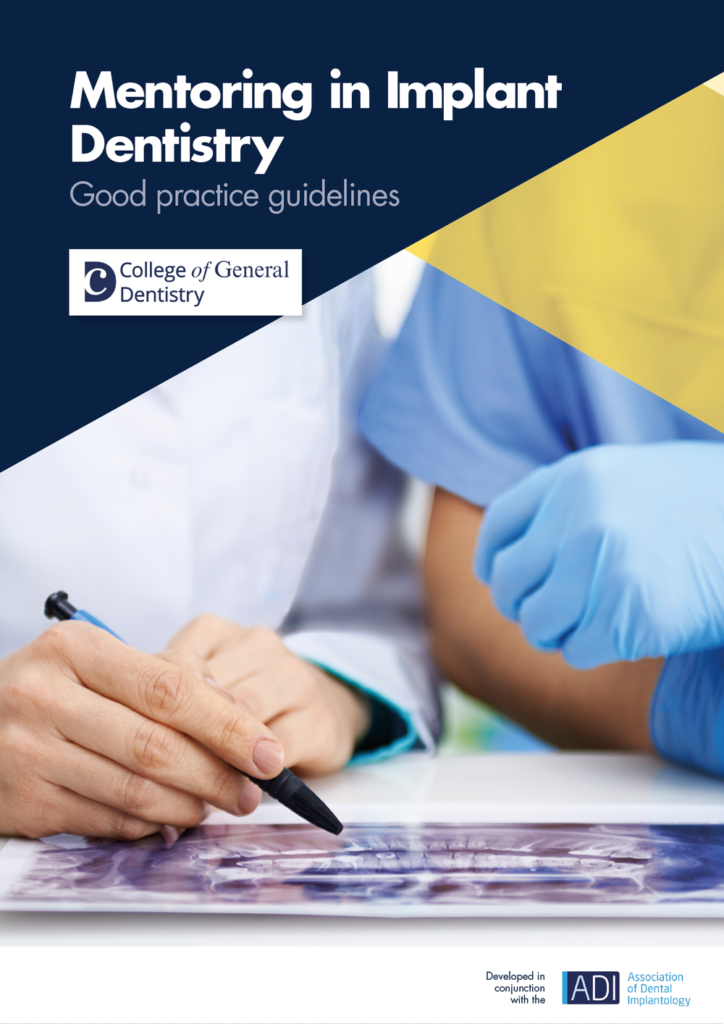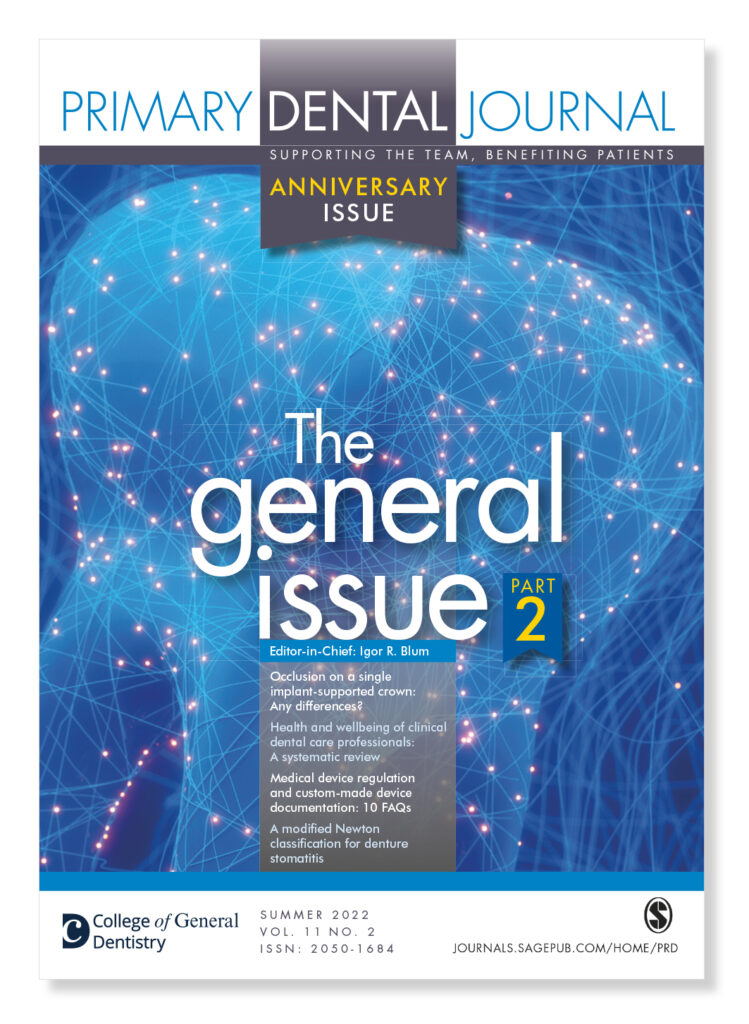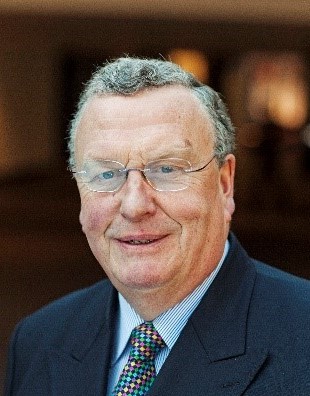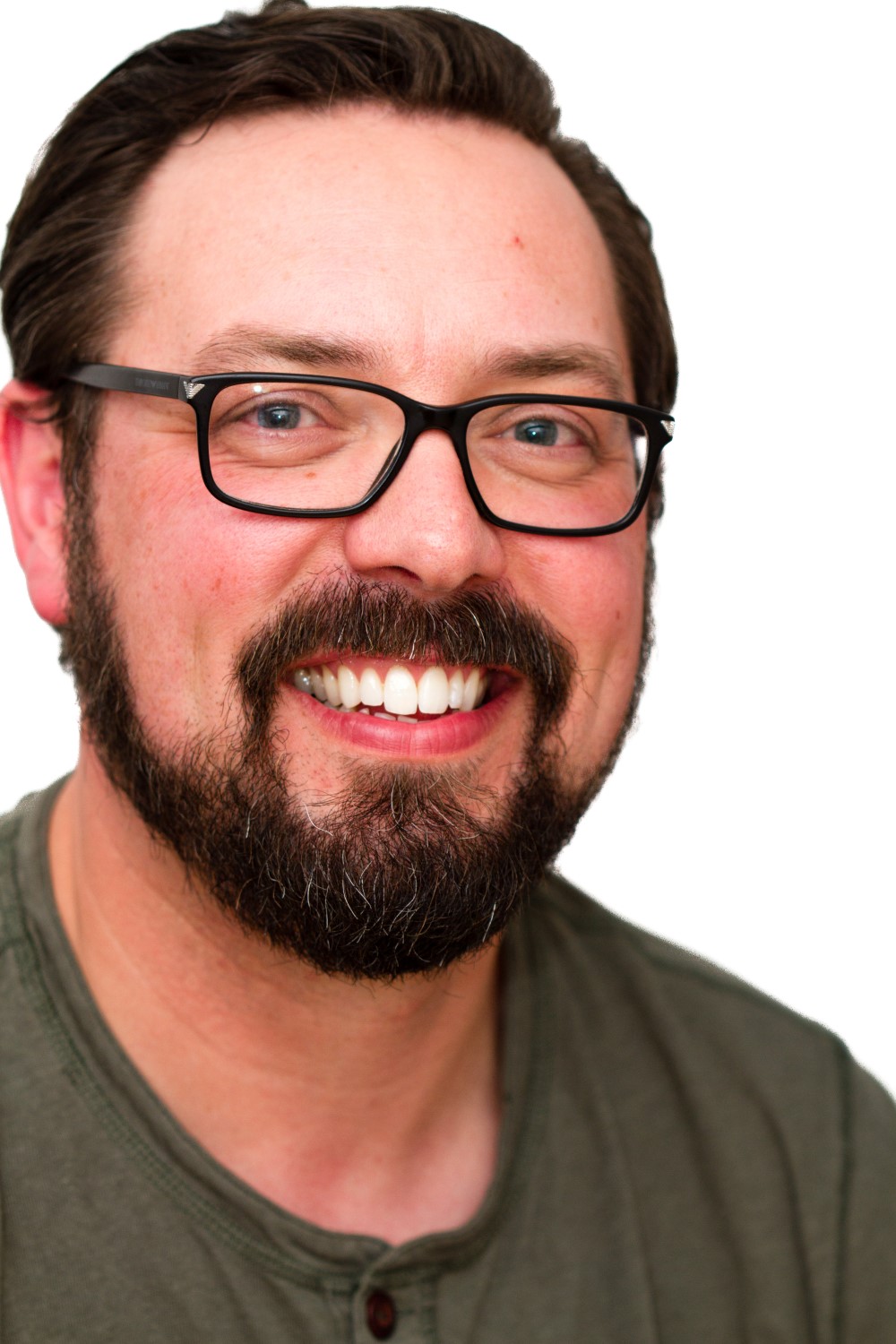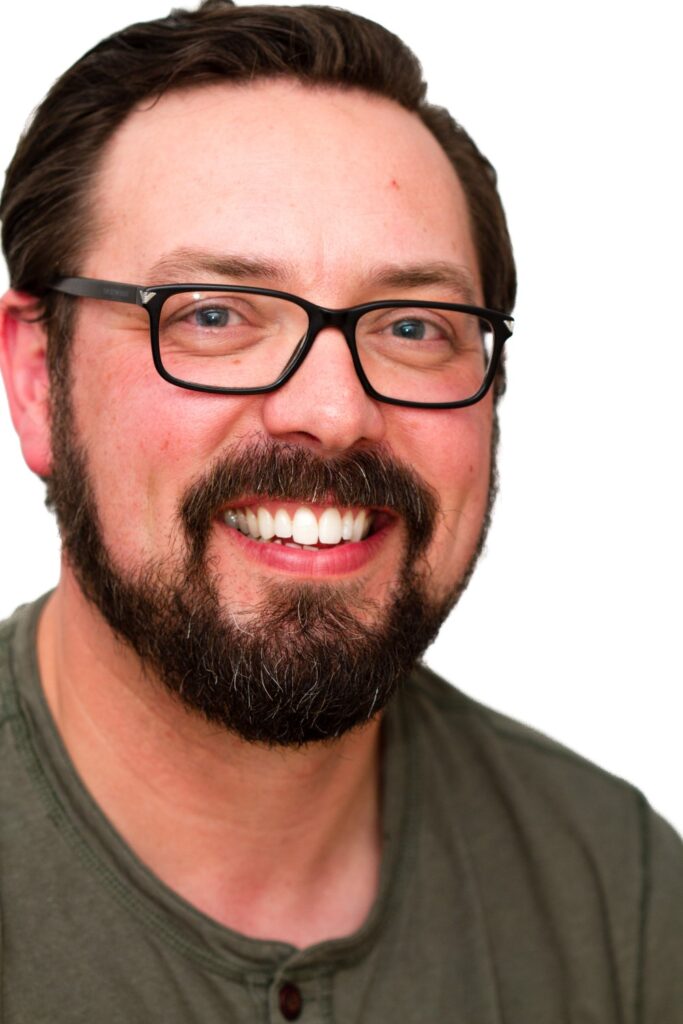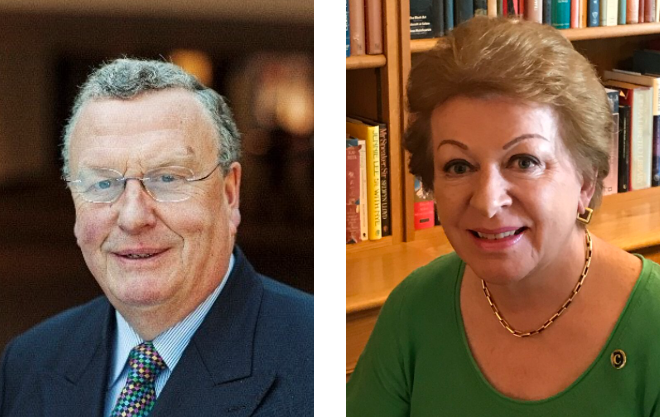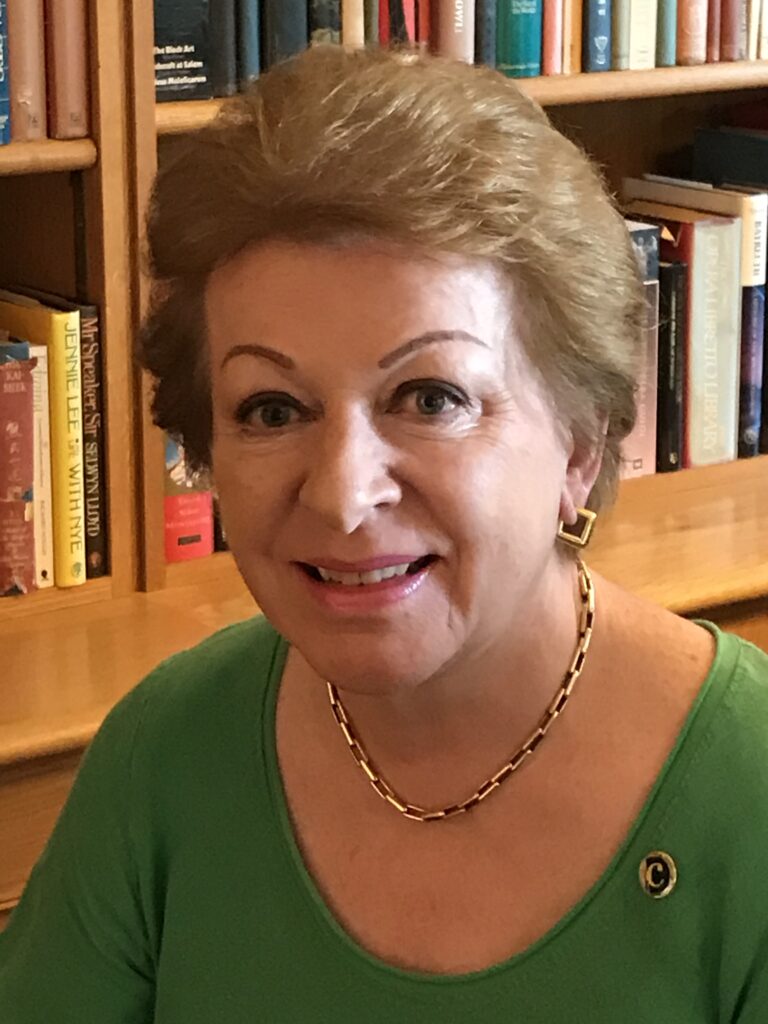Patricia Thomson FCGDent, Vice President of the College and Council representative for West and North Scotland, reviews the College’s third annual study day in Scotland, which took place on Friday 1 December 2023.
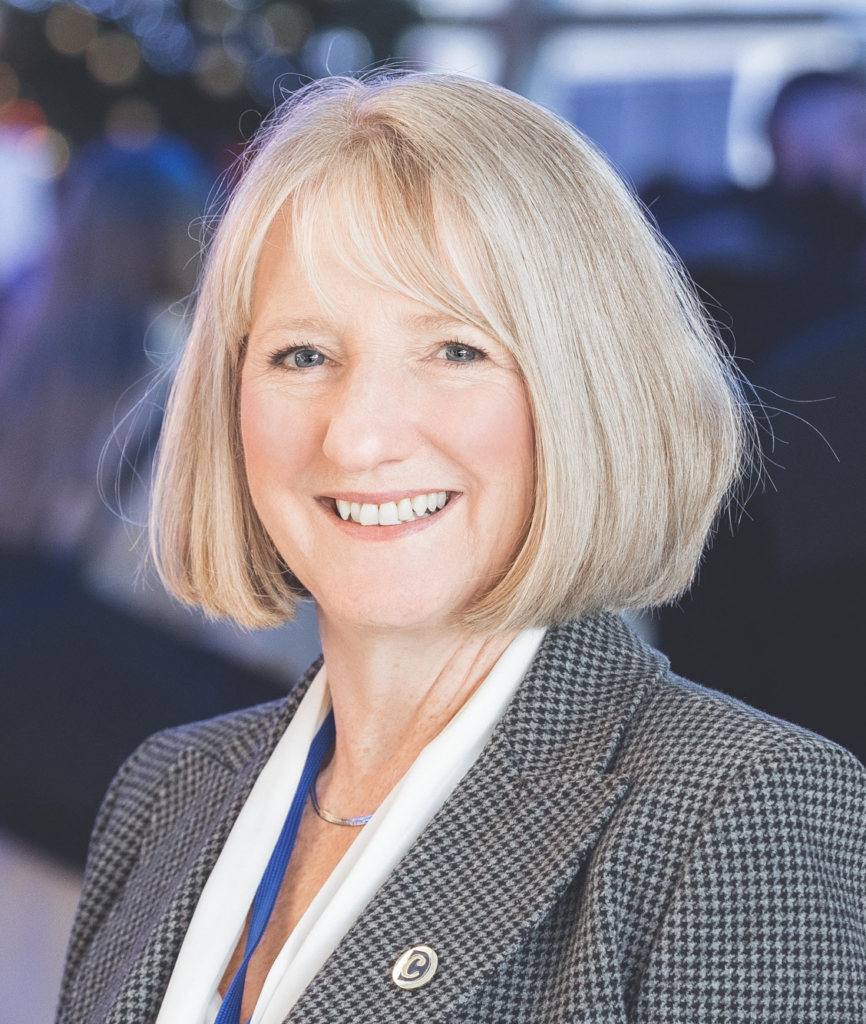
On 1 December 2023, the dental community of Scotland, and beyond, convened at Glasgow Science Centre for our third Annual Study Day as CGDent Scotland. This was the continuation of a tradition of annual high-quality CPD conferences in Glasgow, initiated by the highly esteemed John Craig, the man charged with setting up the West of Scotland division of FGDP (UK) when it was established in 1992. He was a man of great vision, and supported by a group of other altruistic like-minded GDPs, nurtured the community of dental practice in Scotland, an initiative which has been continued to this day.
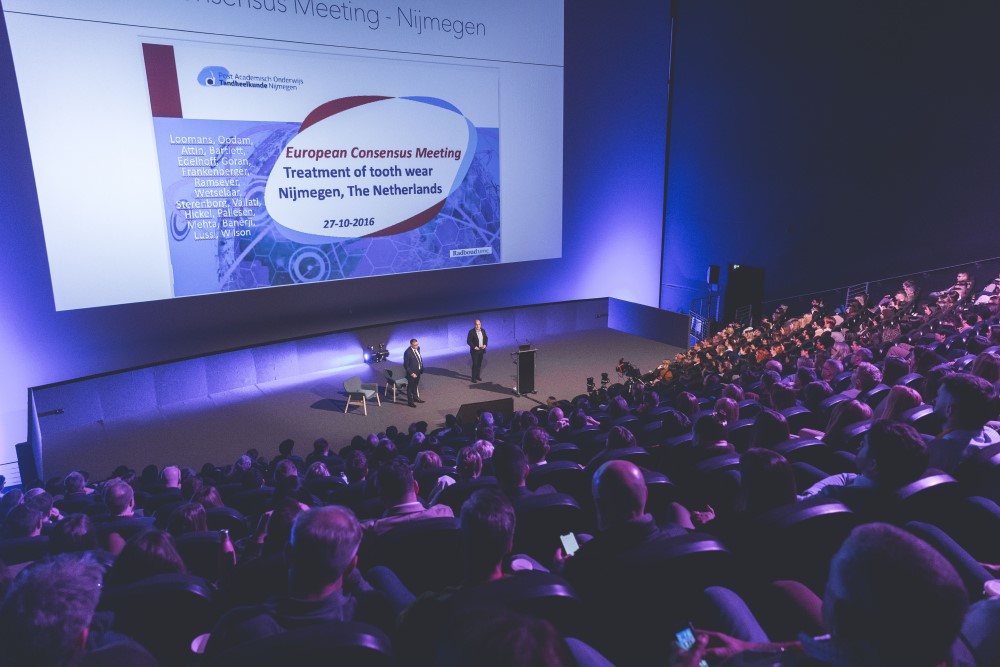
Many distinguished speakers from around the world have addressed our conference over the years. Memorably, several years ago Professor Van Haywood travelled from Georgia with his wife to headline our study day. On being transported from Glasgow Airport by one of Glasgow’s finest taxi drivers, after asking where they had come from and receiving the reply Georgia USA, the taxi driver spluttered: “What the **** are you doing in Glasgow in December?!!!”. The warmth of this reply was much to Van Haywood’s amusement and he recounted the conversation to the delegates, delivered in his version of a broad Glasgow accent.
This year’s speakers, the mild mannered Professors Subir Banerji FCGDent and Shamir Mehta FCGDent may have been asking themselves the same question in less fruity language when they experienced the sub-zero temperatures during their stay in Glasgow, and woke up to a blanket of thick snow on the day of their departure. Finally, after spending Saturday’s daylight hours in Glasgow Airport, they managed to board a flight back to Heathrow that evening.
We were very honoured to welcome Subir and Shamir to spend the study day with us addressing the problem of toothwear.
The 400 delegates present comprised dental professionals of all levels of experience, over 130 Vocational Dental Practitioners, the final year students at Glasgow Dental School, and a number of dental students from Dundee University. Most delegates attended in person, but a small number participated online.
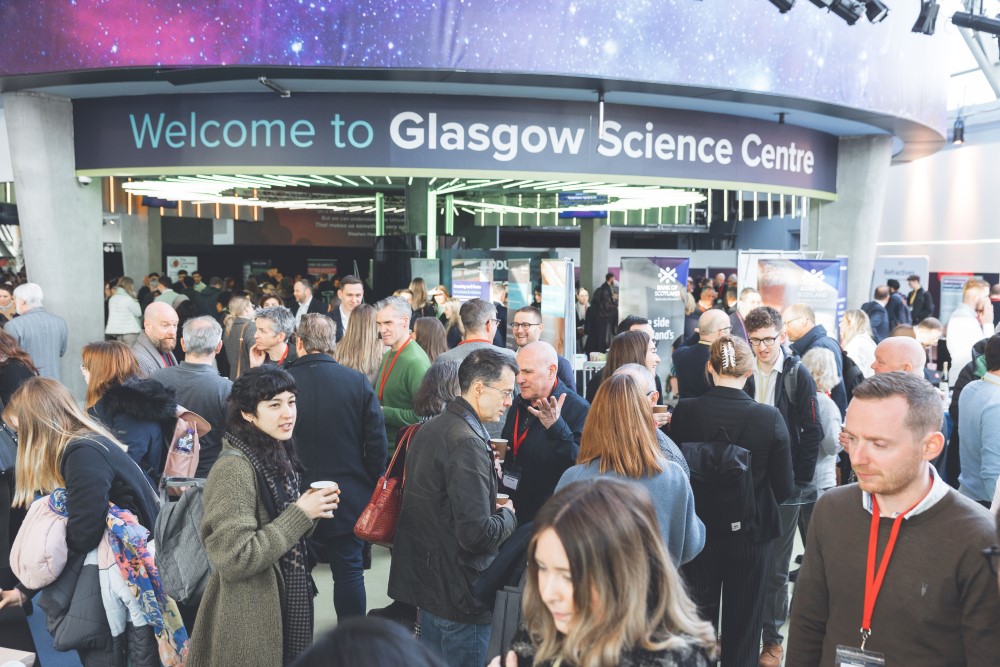
In step with our evolution from FGDP West of Scotland to CGDent Scotland, we were delighted to welcome VDPs from all parts of our country, and are grateful to National Health Service Education Scotland (NES) for continuing to engage with this event, which welcomes the most recent recruits to our profession into the community of general practice and demonstrates to them the fellowship and support that we offer.
The day was very generously supported by various dental organisations and members of the dental trade who have enabled the event to grow to the ambitious scale that we now enjoy.
Proceedings kicked off at 8.15am with hot beverages and breakfast rolls, before a prompt start to the lecture programme at 9am.
Our speakers held the delegates’ attention for two lectures in the morning and one lecture after lunch, during which they discussed the need to record and categorise tooth wear, and moved on to the aetiology and treatment. The lectures were titled “The How and The What and The Wear”.
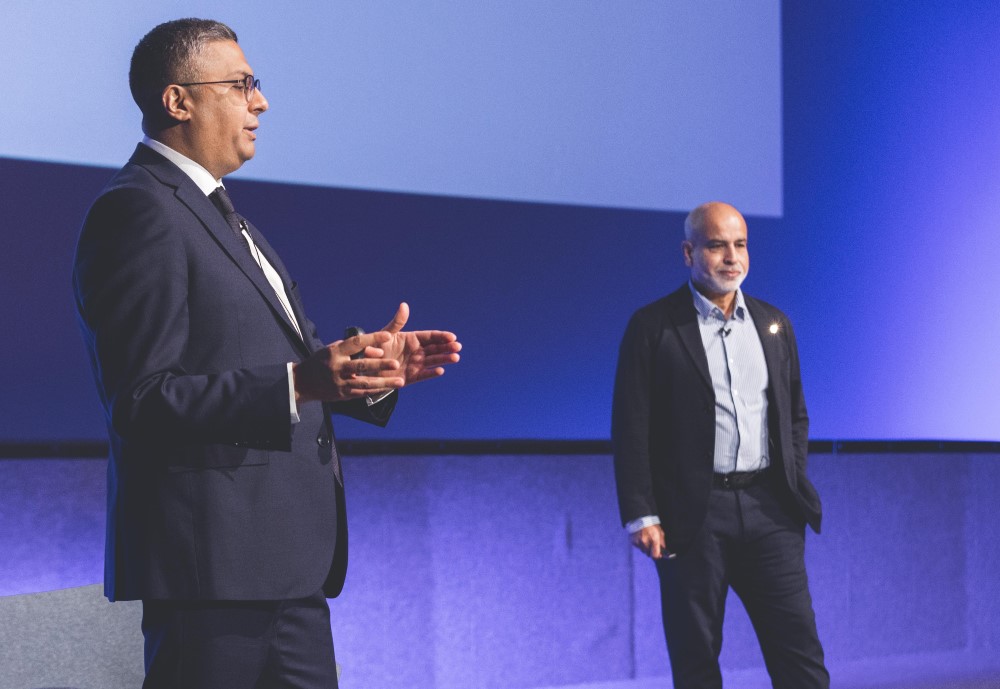
Subir and Shamir have a unique style of delivery which consists of them sharing the stage and running through their presentation in a conversational manner, in which they discuss various points and anecdotes, bouncing ideas and, occasionally, challenging each other. They have an excellent interpersonal chemistry, and their discussion appeared to flow effortlessly throughout the sessions. Proposed treatment techniques were backed by evidence. The feedback revealed that this format was warmly received by the delegates, and is a presentation formula that works very well for them.
There was a separate breakout session for the students during the second lecture of the day, and they convened in another lecture theatre for several “TED”-style talks presented by multiple stakeholders. This started with an introduction to the College of General Dentistry, its aims and ambitions, the Career Pathway, and the study clubs and activities that we offer in Scotland, together with an encouragement to engage. This was followed by talks on entering the Vocational Training Scheme and ultimately embarking on general practice as an independent practitioner. There was a very enlightening presentation by one of our main sponsors, Martin Aitken, a Scottish accountancy firm with an in depth knowledge of the business of Dentistry, in which they were introduced to the concept of keeping financial records and paying tax!
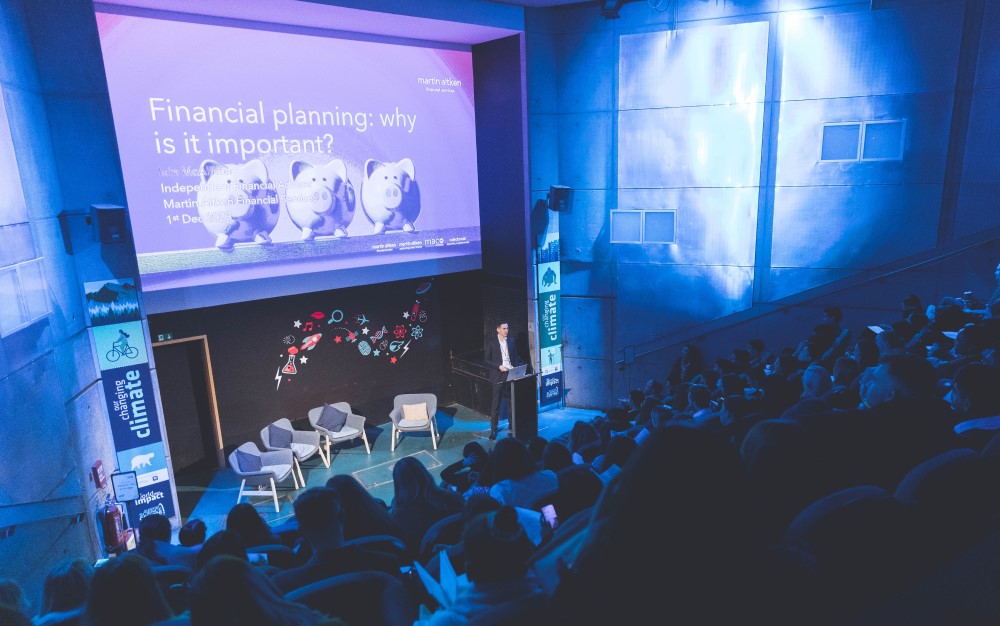
It was a bit of an undertaking to feed almost 400 delegates at lunchtime, but this was ably achieved by the staff of the Science Centre, and there was even time for delegates to visit the exhibition hall and interact with our trade sponsors.
All delegates reconvened in the IMAX auditorium for the afternoon with Subir and Shamir’s final lecture, and after another coffee break, the final lecture, The Caldwell Memorial Lecture, was presented by Professor Jason Leitch, the National Clinical Director for NHS services in Scotland. Jason graduated as a dentist from Glasgow University, became an oral surgeon, and then attended Harvard to undertake his Masters in Public Health. He then returned to Scotland, but not to dentistry, climbed the ladder of promotion in Public Health, and found himself in the unenviable position of Clinical Director of Scotland when the Covid pandemic arrived. He became the main media persona in Scotland during the pandemic, and was praised for the clarity of his Public Health messaging. He spoke eloquently on the demands that governments faced throughout the pandemic, balancing the four challenges of the harm to health of the virus, economic harm, impact on health and social care service, and social isolation. He then moved on to the challenges that we face in the future as a nation with the provision of health and social care, discussing the implications for both manpower and finance.
Although very sobering, Jason’s talk was delivered in an entertaining and thought provoking manner.
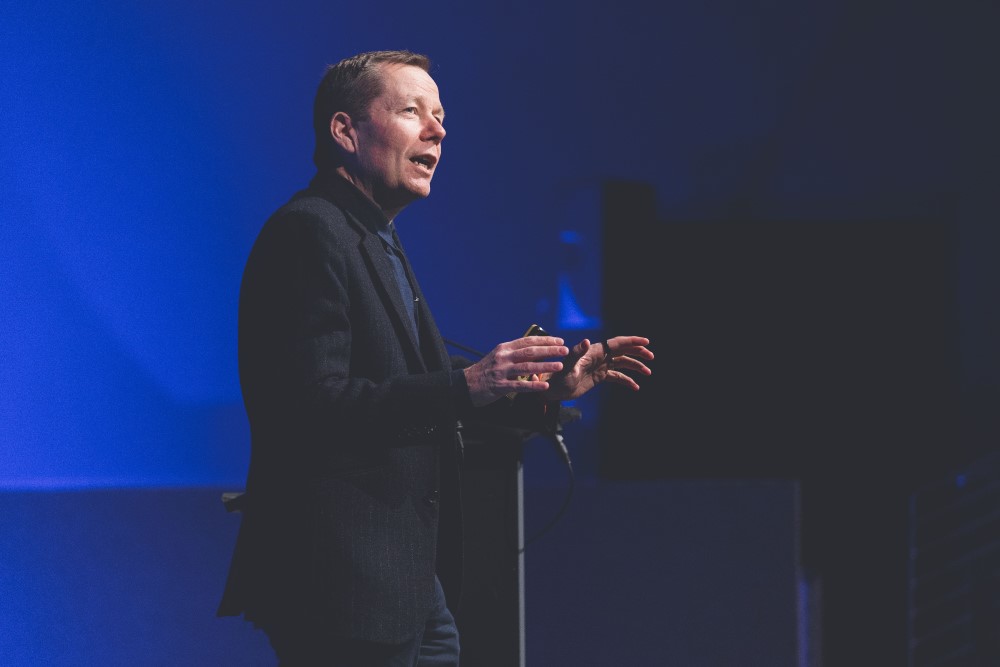
Just after 5pm, it was time for the delegates to return to the upper floor of the Science Centre for the post-conference drinks reception, and to admire the night-time panoramic view of the banks of the Clyde stretching to the spires of Glasgow University. This part of the day facilitates the mingling of the varied members of our community, the chance for delegates to meet the speakers, networking, and catching up with old friends and colleagues.
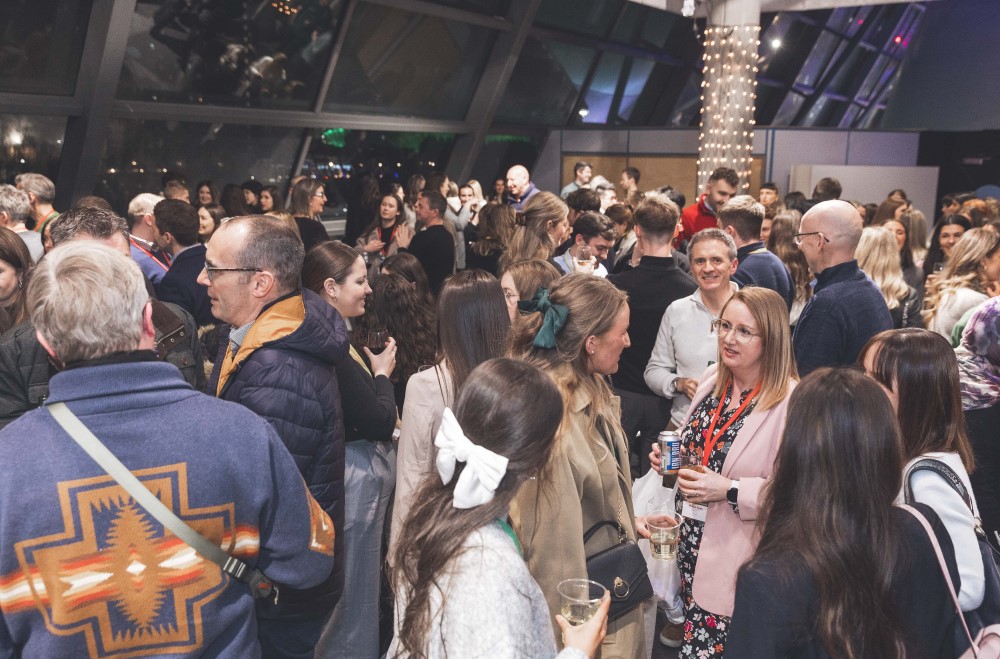
The success of the day is down to cooperation and engagement of the entire dental community, and was capably orchestrated by our events coordinator Patricia de Vries. As a result of Patricia’s expert and meticulous planning, we filled our sponsor and delegate places by early October. Patricia also liaised with the Science Centre to ensure the smooth running of the day. We are hugely indebted and grateful to her for the service that she provides.
The Study day in Glasgow is a well oiled machine that has been staged over the last three decades, but it does not happen without much planning and effort by the events planners and members of the CGDent Scotland Committee. However, it is very rewarding for all involved, and we believe it displays the essence of what it means to belong to the “community of practice”.
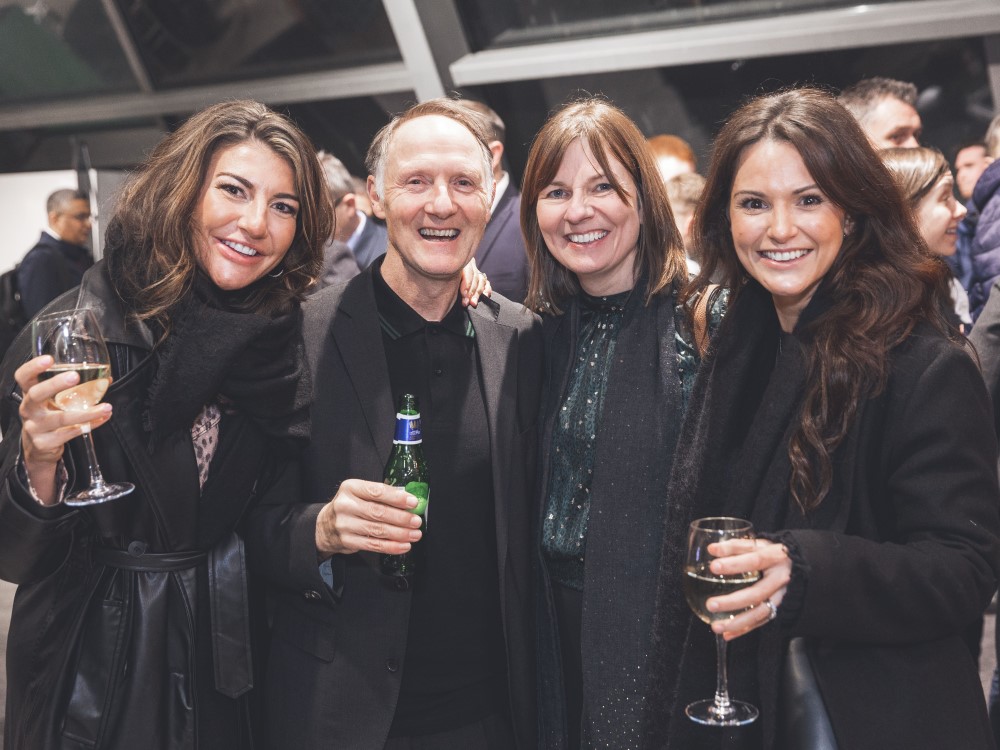
Any speaker or delegate who comes to Glasgow in future, even though in December, can be assured of a warm welcome from everyone…even the taxi drivers.
We look forward to seeing you at the 2024 Scotland Study Day on Friday 6 December!

